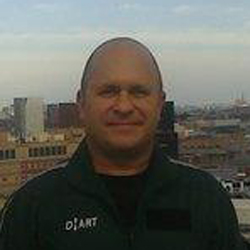Advertisement
DISPATCHES FROM THE FRONT LINES
What It's Like To Be A Paramedic During A Pandemic
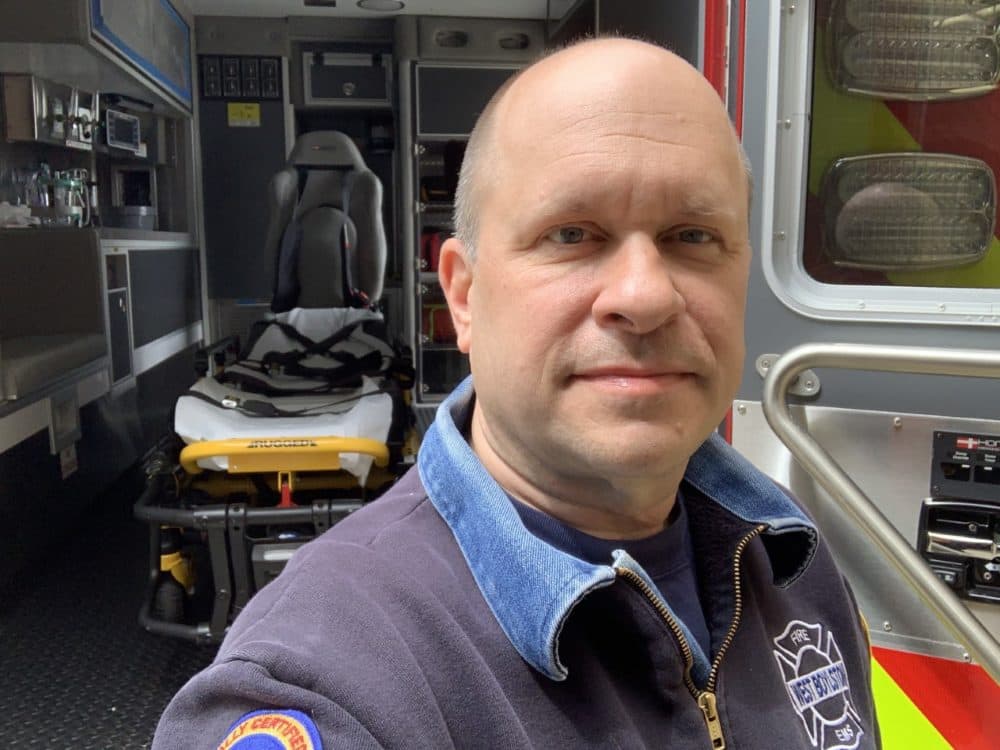
Editor's note: As the coronavirus pandemic persists in Massachusetts, many people who work in emergency medicine say this is the most challenging moment in their professional lives.
To help us grasp what life is like on the front lines, Ted Flanagan, a firefighter and paramedic for the town of West Boylston, Mass., sent us an audio diary of his experiences. The entries are transcribed below, along with photographs from the firehouse.
Ted Flanagan is also an occasional contributor to Cognoscenti, and has written searing essays about the pandemic and the opioid epidemic, among other topics.
Where’s everybody gone?
One of the biggest changes that I've noticed under the pandemic is just, where's everybody gone? Call volumes are way down. And we have two types of patients. We have presumptive COVID patients and patients with some sort of psychiatric stress. And that's really about it. The chest pains, belly aches, headaches … those have, by and large, disappeared. And we're now left with folks suffering directly from the coronavirus or suffering from the effects of a country overwhelmed by the coronavirus. It's taxing a different muscle for most paramedics and EMTs, I think, than any of us were prepared to exercise.
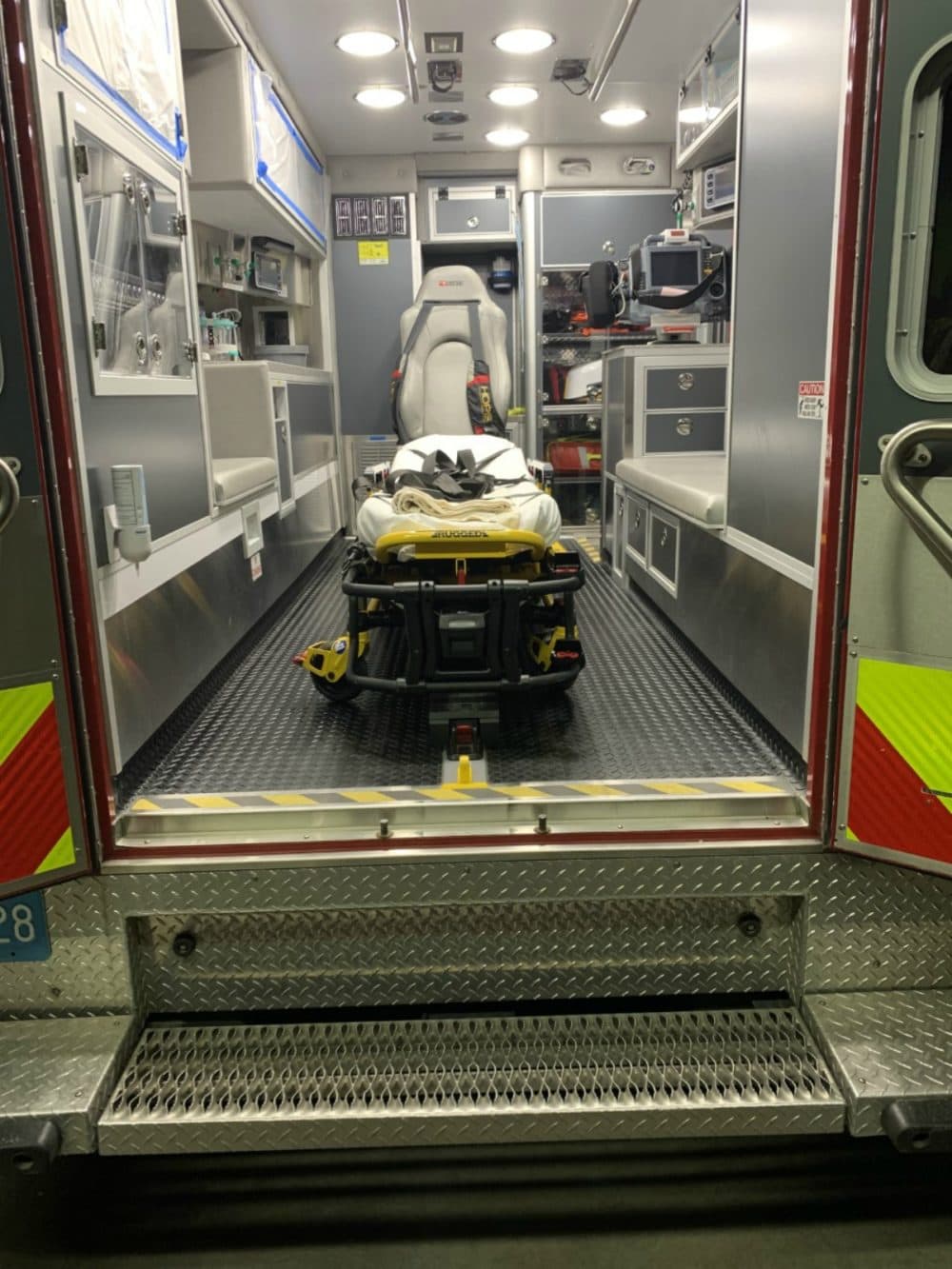
The pre-shift checklist
You know, in the past you would come in and you'd check the ambulance right away in the morning and you would look at things like make sure the batteries are fully charged and you'd make sure that your drug boxes full up the stock. That stuff remains paramount. But these days, These are the things that have leaped to the top of the list: Where are the isolation gowns? Do we have the surgical masks for the patient to wear? Do we have enough N95s? I think in my 20 some odd years as a paramedic, I'd probably worn an N95 a half dozen times. Now we wear them on every call.
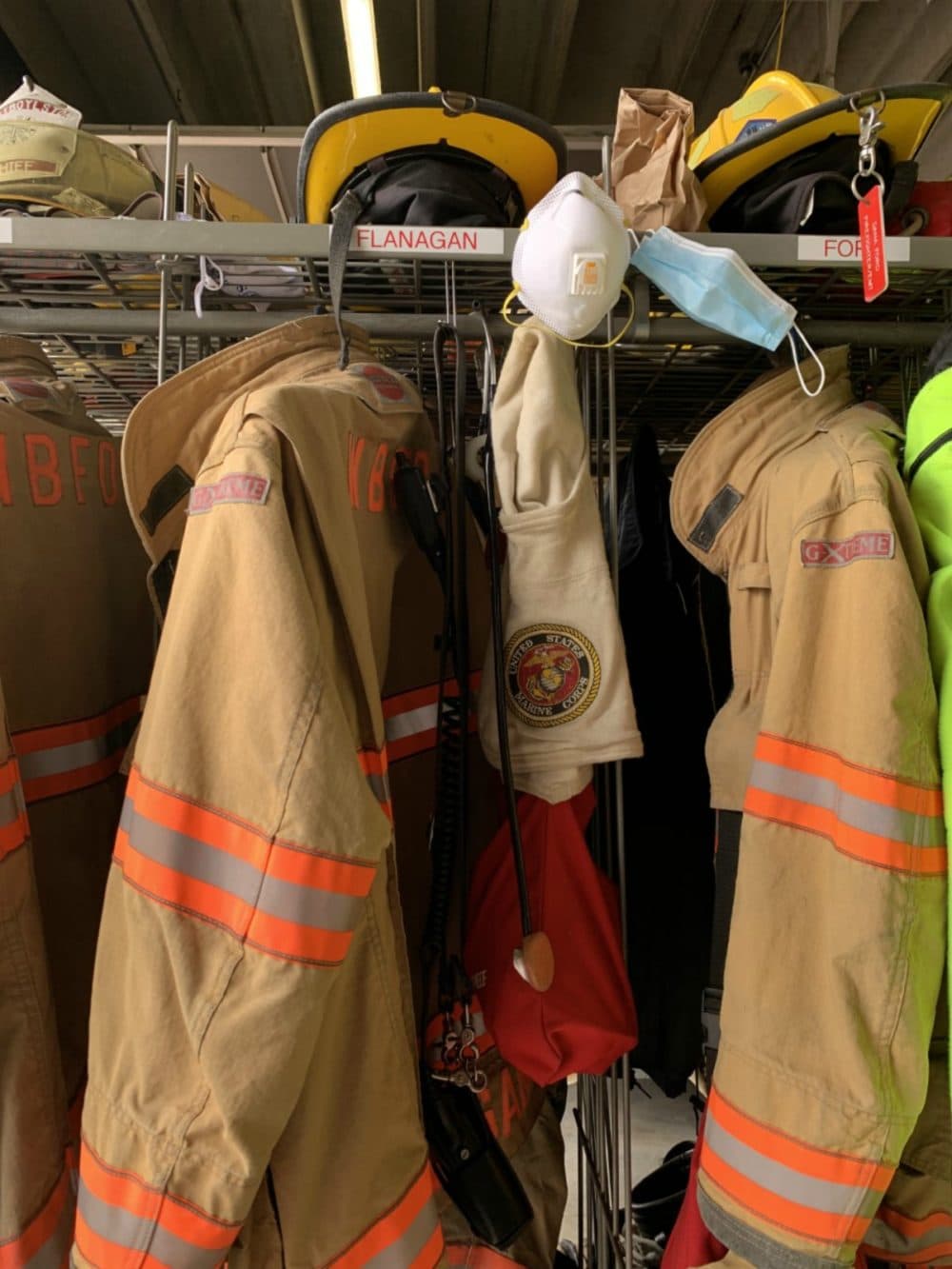
Instead of ‘Kaboom,’ mistakes could lead to infection
Earlier this week, I did six calls during the day in which the patient was either COVID or presumptive COVID — you know fever, dry cough, that kind of thing. And at the end of day, I was just wiped out. I was exhausted. And I finally figured out the analogy. I was in the Marine Corps and I was in a unit that got a lot of explosives training. And I found that dealing with these COVID patients is a lot like dealing with a detonator chord, blasting caps, where every move had to be thought out before you took it and that the stakes on every single thing you did were kind of high. Except, you know, with coronavirus instead of “kaboom,” the mistakes are going to lead to infection. And every call, even though none of them were medically that involved, I think the concentration and the deliberation and the preparation — getting dressed up and gowned up and masked up — wears on you — especially when you do it five, six times in a day. It's a long day.
Advertisement
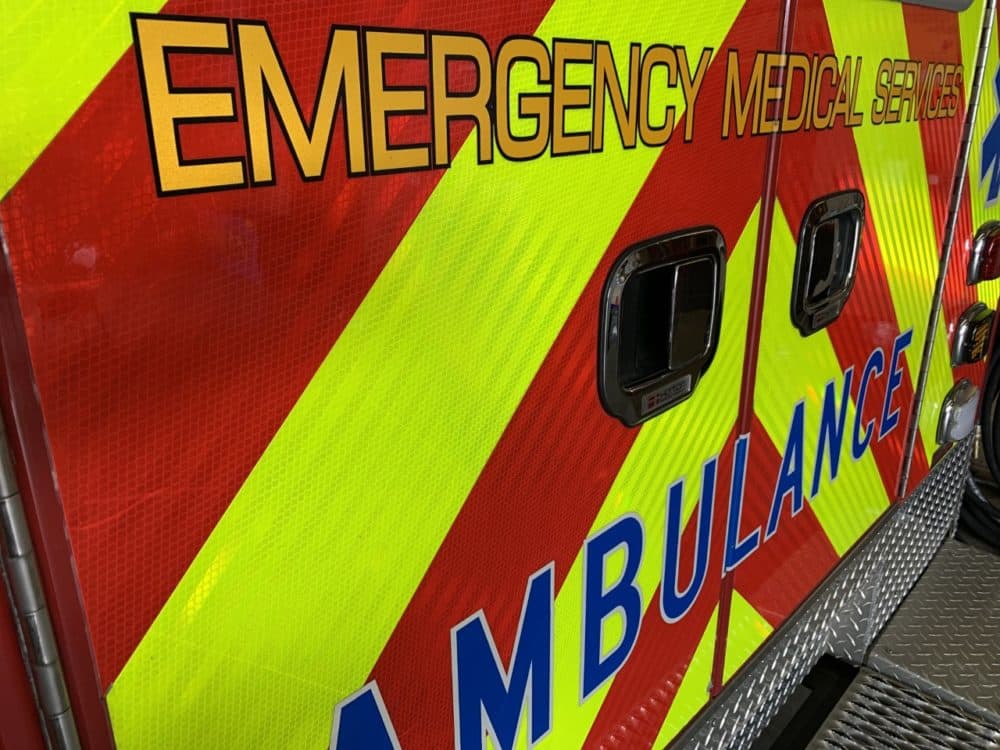
The thing I miss the most
I think part of my job I really miss the most, to be honest with you, is just talking to my patients. I found that it's really hard, you know, through layers of masks and Tyvek suits and six feet of distance, I can't make anybody feel better emotionally or psychologically. That piece of the toolkit has been removed and I miss it.
This audio dispatch was produced by WBUR's Frannie Carr Toth, Cloe Axelson, Elisabeth Harrison, Tania Ralli and George Hicks. Follow Cognoscenti on Facebook and Twitter.
This segment aired on May 6, 2020.

